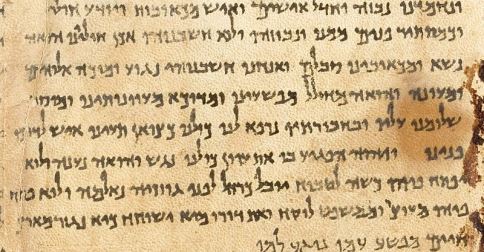
The Necessary Virtues of
BOTH Conservatism and Progressivism
Since my last post on loving our enemies, I’ve been thinking a lot about the ideologies of Right and Left and the ways that they form Christians in ways that are both helpful and unhelpful. The Way of Jesus is, of course, a third way that is wholly identified with neither the Right nor the Left, BUT there are virtues of both ideologies that are particularly insightful for those of us who follow in the way of Jesus. I have recently been re-reading Lesslie Newbigin’s brilliant little book Proper Confidence: Faith, Doubt, and Certainty in Christian Discipleship (1995), and in this work, he provides some helpful thoughts that highlight the virtues of both Right and Left.
At its best the Conservative impulse is rooted in the conviction that truth exists, and that there is a reality that runs deeper than moral relativism and competing wills to power. [The Conservative impulse], writes Newbigin, “at its best is marked by a moral courage which holds fast to truth even when it is assailed by counter-claims from without” (2). Additionally, the Conservative impulse is rooted in an appreciative view of history and tradition. Language and culture are sustained by the tradition(s) in which we are embedded. To borrow an image from the Hebrew scriptures, the best of the Conservative impulse is portrayed in the role of the priests, who devoted themselves to the study of the Torah and to reminding the Ancient Israelite people of the tradition to which they belong as the people of YHWH.
On the other hand, the Progressive impulsive is best understood through its emphasis on the centrality of criticism and its willingness to learn and change. “The strength of the liberal tradition,” writes Newbigin, “is its willingness to be open to new truth. And the gospel itself makes this liberal mind possible; for if we know that Jesus is indeed the Word made flesh, the visible and knowable presence in the midst of history from whom and for whom all things exist, then we shall meet new experiences of any kind of reality with the confidence that we are given the clue for their understanding” (70). Another image from the Ancient Israelite people, that of the prophet, highlights some of the deepest virtues of the Progressive tradition, calling God’s people to leave their ways of injustice and to be transformed.
Just as Ancient Israel needed both priests and prophets, so too God’s people today need both the virtues of the Conservative and Progressive impulses. We need to be attentive to the traditions we have inherited in all their fullness (forming us in both good and evil), and to the traditions for sustaining God’s people that we are passing on to our children. At the same time, we need to be open to change and repentance. I can’t emphasize enough that the traditions we inherit bear with them much sin and brokenness, some that will scream for our immediate attention and other sins to which we will be largely blind and unprepared to address. The way forward, however, is not to abandon tradition (THAT would be the violence of Modernity, which only opens the door for more sin, fragmentation, and alienation. In casting out a particular demon, we tend to be oblivious to the seven demons that fill the resulting void). We must name, and repent of our sins, within the churches and traditions in which we find ourselves, with the flesh-and-blood brothers and sisters, some of whom will likely be resistant to change and repentance.
Ideology thrives by demonizing its opposition. With an appreciative approach like this, we create a space in our churches for a different way of being together. The ideologies of Right and Left certainly have their vices, not least of which is their penchant for nostalgia, as Yuval Levin has explored in his recent book, The Fractured Republic: Renewing America’s Social Contract in the Age of Individualism. However, each does have virtues that we need for imagining and embodying healthy and flourishing futures for our communities.
Some readers may wonder to what extent an appreciative approach like this one might accommodate injustice? While we should be concerned with the real effects of injustice on our neighbors and ourselves, our primary calling as the church is bigger than eradicating injustice. I suspect that many of our efforts to eradicate injustice in society at-large are superficial (more concerned with appearances than the actual historical dynamics that have led to this injustice), and blind to our own injustices, even ones that we may be propagating in our efforts to eradicate others. What we need instead are real communities (and especially churches) that are striving to be just, and reflecting on the ways in which injustices amplify one another in this profoundly interconnected creation.
Without attentiveness to history and tradition, we will continue to propagate fragmentation and alienation, and all the ill fruits that they produce. Without the humility to recognize that we still in need of much transformation, we will become fossilized and continue to propagate the injustices of our ancestors. The way forward that is rooted in both of these sets of virtues is surely narrow, but I am hopeful that it will lead us into deeper faithfulness and deeper transformation.
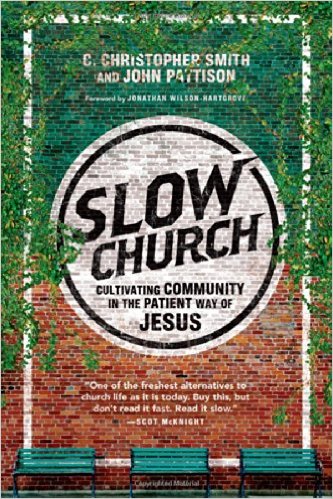

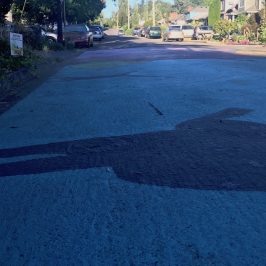


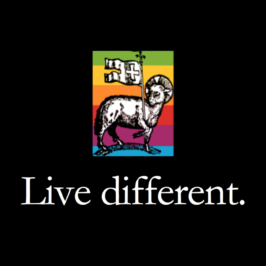

![Book Giveaway – Reading For the Common Good [3 copies]](http://slowchurch.com/wp-content/uploads/2017/05/RFTCG-Cover-Banner.jpg)

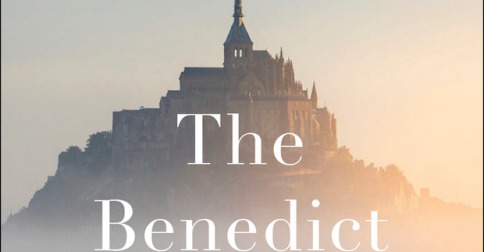
Leave a Reply